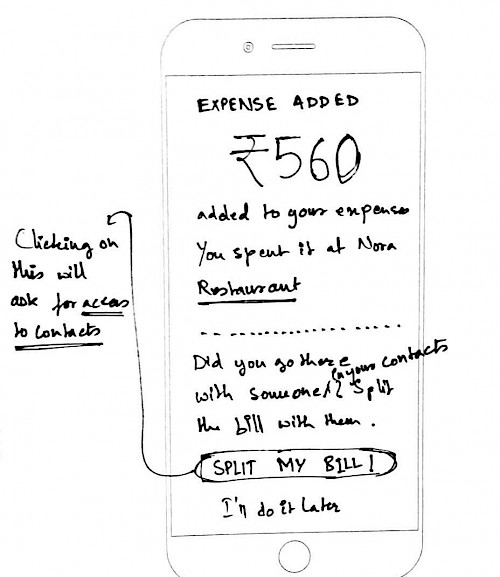How might we...
...help people to understand the value of data access so that they're comfortable sharing information
Providing a seamless digital experience sometimes requires access to data that can be very private. While such data access is essential for an app, the reasons for requesting it might not be obvious to people. If such access is mandatory to create an account, it is very important to not just explain why, but also educate people on the value this access adds to their experience.
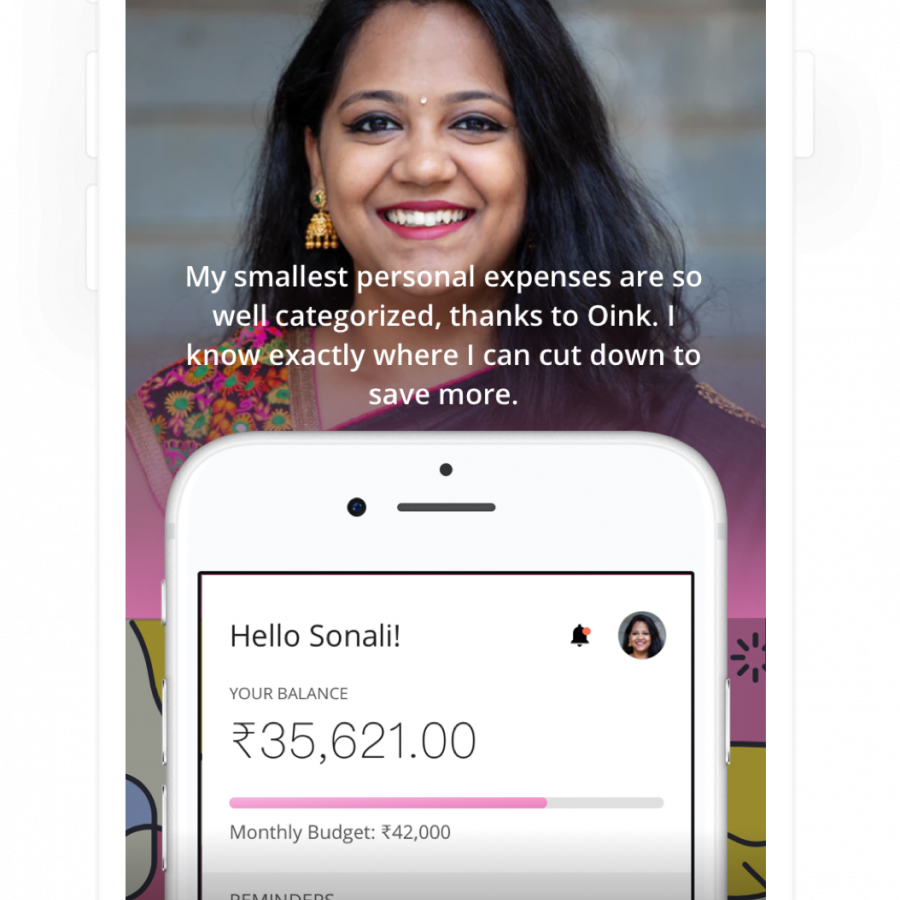
Oink is a money-manager app that helps people automatically track monthly spends and categorises them. In order to automate the process the app needs mandatory access to SMS and read messages. Oink uses this data to automatically add expenses from messages related to payment transactions and categorises them. To further make the most of the app features, Oink requires non-mandatory access to:
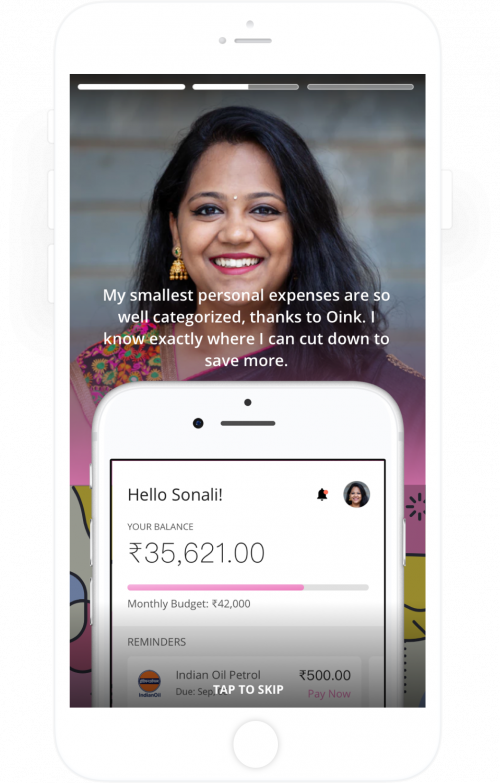
In case of apps like Oink, where data access is mandatory for onboarding and using the app, people might find it intrusive and drop-off during onboarding.
The opportunity here is not just educate on why the app is asking for these permissions but tying it to the value this data adds to the app experience. The right way to educate people is transparency on what data is being collected and the control they have over it. Predicting and addressing any data access request that people might find intrusive is essential, in this case access to messages which includes people’s private conversations.
How might we...
...help people to understand the value of data access so that they're comfortable sharing information

Asking for permission for something as personal as messages right at the time of onboarding can be problematic. But what if that access is an important part of how your app functions and mandatory to create an account?
Being transparent on what information is being captured helps build trust. Letting people know that you are only tracking transactional messages before they grant access to SMS helps people to make an informed decision and puts them at ease for sharing that information.
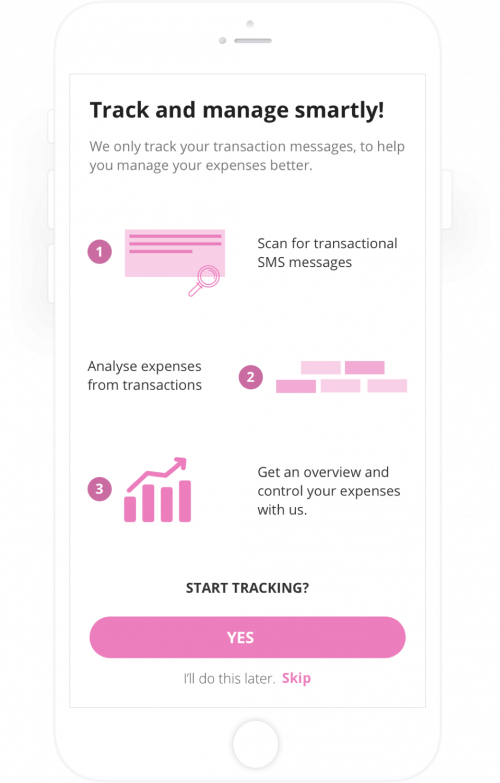
Explaining how that data adds value to not just the app experience but also addressing the value in people’s everyday life is essential. But instead of a business telling people what it can do for them, why not have a real person tell the story of what you have already done for them.
Two factors are at play here relatability and reliability and both can be achieved by testimonials from an existing person.
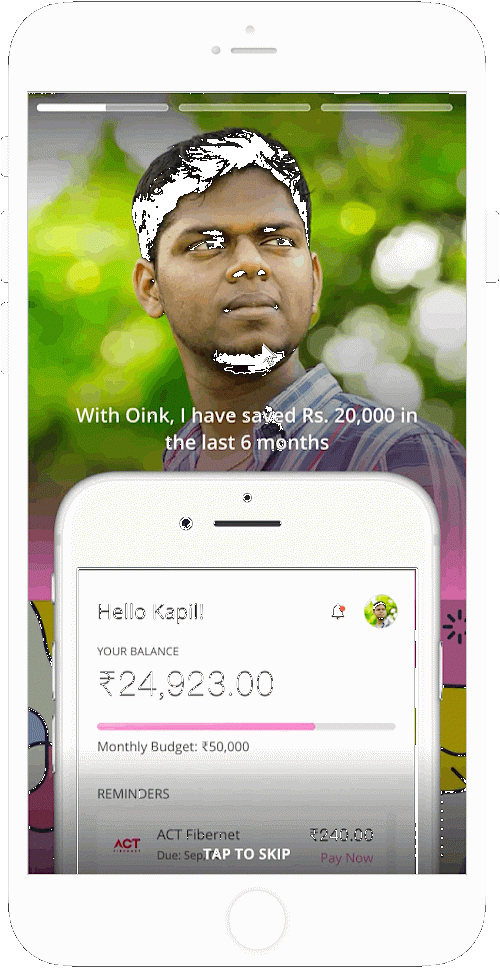
Onboarding is like a first date. It pretty much sets the stage for where this relationship is headed. What you never want to do at the first date is be intrusive or make your date feel uncomfortable. That is why onboarding needs to be a simple and seamless process. And using features that people are familiar with helps.
A Instagram story-like format which is easy to navigate for people and also captures their attention as you educate them about data access permission and the value of it can be a simple but effective way to onboard people.
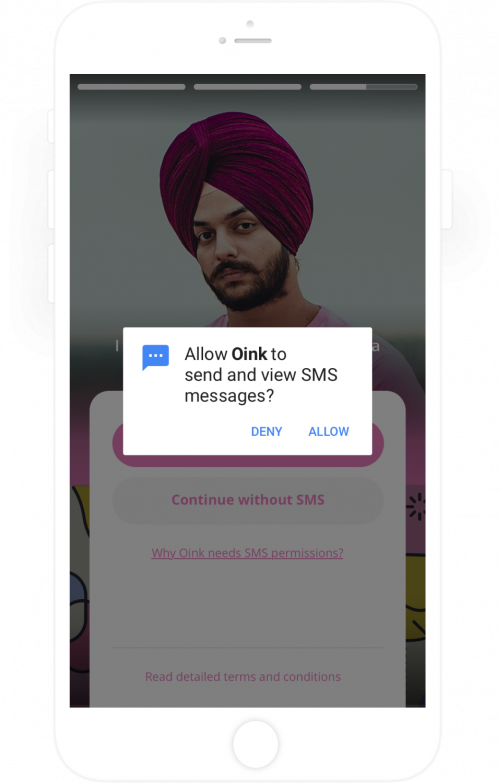
When onboarding asking for multiple permissions isn’t the best idea. For non-mandatory data access options it better to subtly nudge people later for a better digital experience.
These nudges should be timed to tie into what people might need in that moment. Let’s say if they get a notification for a restaurant bill which gets added to their expenses. This is the right time to remind them of the split bill feature and ask for permission to access their contacts.
When building for trust and transparency it is also important to explore how much control will you give people on the access:
